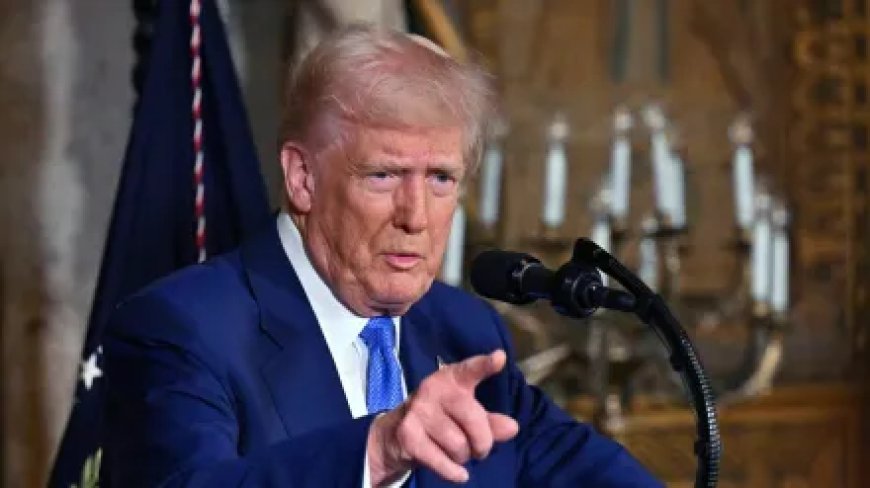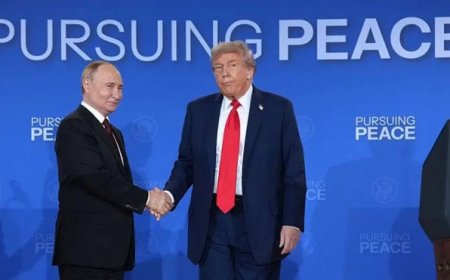Trump to Announce Sweeping 'Liberation Day' Tariffs
Trump to Announce Sweeping 'Liberation Day' Tariffs

Trump Set to Announce ‘Liberation Day’ Tariffs, Keeping the World in Suspense
-
Former U.S. President Donald Trump is set to unveil extensive new tariffs, dubbed "Liberation Day" tariffs, on Wednesday. However, the precise details of these measures remain uncertain, raising concerns about a potential global trade conflict.
-
Trump will present the tariffs at 4:00 pm (2000 GMT) in the White House Rose Garden, accompanied by key cabinet members. The announcement, strategically timed after Wall Street’s closing bell, is positioned as a move to prevent the U.S. from being "ripped off" and to usher in a "golden age" for American industry.
-
While Trump has firmly decided on reciprocal tariffs targeting nations that have imposed levies on the U.S., the White House admitted late Tuesday that key details were still being finalized.
-
A long-time advocate of tariffs, Trump has argued—contrary to many economic experts—that they are a universal solution to America’s trade imbalances. Critics warn that American consumers will bear the cost as importers pass on price increases, potentially triggering an economic downturn.
-
Global markets have been on edge ahead of the announcement, while affected nations have sought negotiations, even as they prepare countermeasures.
Strained Relations and Last-Minute Decisions
-
The move highlights the widening divide between the U.S. and its traditional allies—not just on trade but on security, defense, and other global issues.
-
In his characteristic unpredictable style, the 78-year-old Trump has kept the specifics under wraps. While initially proposing tariffs that mirror foreign levies, he later hinted at a "very kind" approach without elaborating.
-
Reports suggest he considered a flat 20 percent tariff before weighing an alternative strategy that could offer exemptions to certain nations.
-
White House Press Secretary Karoline Leavitt stated that Trump was working with top advisors to "perfect" the plan and ensure the "perfect deal." The tariffs will take effect "immediately" after Wednesday’s announcement, ruling out negotiation periods.
-
Trump has previously hesitated on some tariff decisions, backing down at the last minute for allies such as Canada and Mexico. However, this latest push has intensified fears of a global trade war that could raise prices and disrupt supply chains.
Global Response: Retaliation Looms
-
Major economies, including the European Union and Canada, have vowed to respond.
-
Canadian Prime Minister Mark Carney stated, "We will take deliberate action to defend Canada."
-
The European Union, accused by Trump of trying to "screw" the U.S., remains open to negotiation but has warned that "all instruments are on the table" for retaliation if necessary.
-
British Prime Minister Keir Starmer engaged in talks with Trump about a possible UK-U.S. trade deal, while Vietnam announced tariff reductions on select goods in an effort to avoid penalties.
-
Trump has long used tariffs as a foreign policy tool, dating back to his first term (2017-2021). He claims they will revive U.S. manufacturing and encourages companies to relocate production domestically to avoid them.
-
Recently imposed auto tariffs of 25 percent are set to take effect on April 3, following similar duties on steel and aluminum in mid-March.
-
China was hit with an additional 20 percent tariff on all its exports to the U.S. in March, prompting swift retaliation from Beijing. The EU has also announced countermeasures set to roll out in mid-April.
What's Your Reaction?





















































































